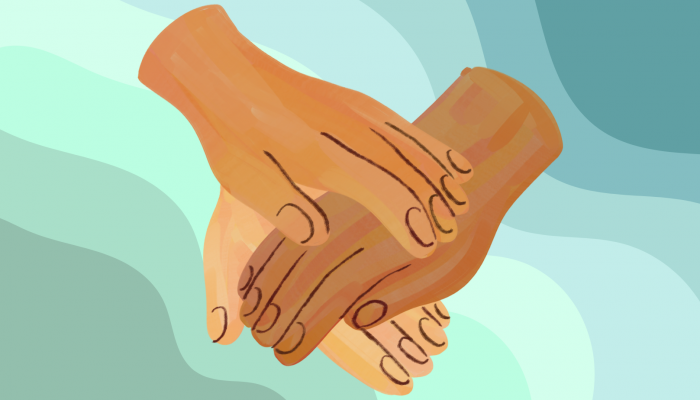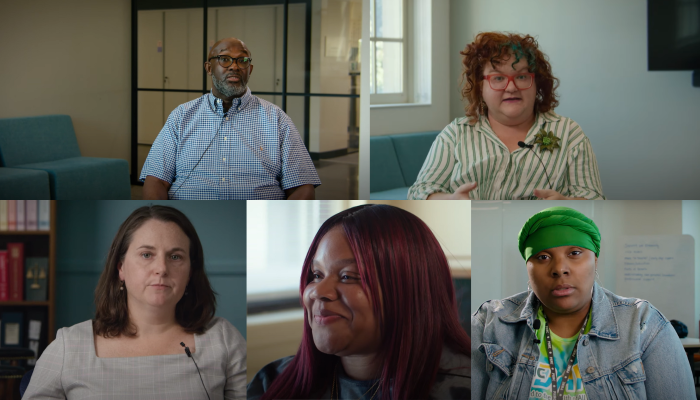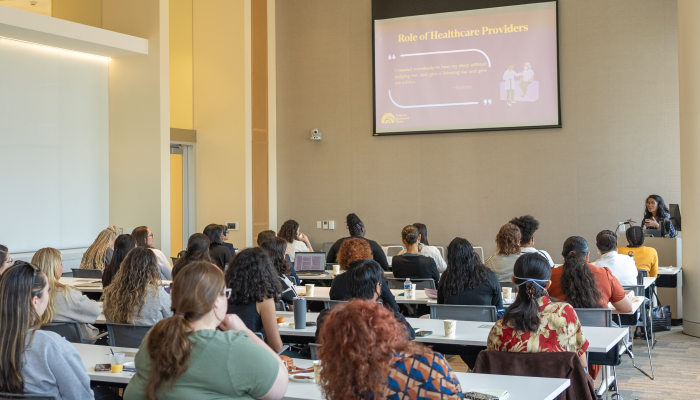All domestic violence survivors, regardless of immigration status, have the right to seek help and get free services. However, many immigrant survivors may feel afraid to reach out for help. But resources exist for anyone who is experiencing domestic violence, and there are some specific rights and protections for immigrant survivors, including people who are undocumented. Additionally, Philadelphia is a Welcoming City for immigrants and has policies that prohibit City employees (including law enforcement) from asking about immigration status.
Domestic violence can have negative consequences for all communities. In immigrant communities, there can be different obstacles to receiving care and support. For example, undocumented survivors might fear deportation of themselves or their abuser if they involve the police. They may be financially dependent on their abusive partner (learn more from our blog about the financial impacts of domestic violence), or fear being separated from their children. Language differences and unfamiliarity with systems can make seeking help intimidating. These types of obstacles can lead the survivor into further isolation, especially if an abusive partner has tried to use fear about immigration status to control them. But domestic violence is a crime in the United States, and there are resources for help.
Language access
It is necessary for domestic violence survivors to be able to access information in the language they need. People who speak languages other than English have the right to request an interpreter in several settings including governmental offices, medical offices, hospitals, and courts. In Philadelphia, Community Legal Services may be able to help people navigate getting the language they need in many services. People who speak limited or no English also have a right to a trained interpreter in all civil and criminal cases. Interpreters are free and will help the individual communicate and understand legal proceedings. Survivors may be nervous to ask for interpretation, but you can help by proactively offering and planning for interpretation.
Legal rights
All immigrants have legal and civil rights in the US, regardless of their immigration status. Immigrant survivors of domestic violence can seek help and access free services. These services could include calling hotlines for information, getting help making safety plans, or accessing free counseling. Immigrant survivors of DV can also pursue civil or criminal legal options. Civil legal options include filing a Protection From Abuse Order, child custody, child support, or divorce. Criminal legal options include filing a police report and pursuing criminal charges against an abusive partner.
Immigrant survivors of domestic violence, sexual assault, stalking or trafficking may qualify for immigration relief because of their experiences. Survivors should contact an immigration attorney, like Nationalities Service Center or HIAS Pennsylvania, to see if they qualify for immigration relief that could help them gain lawful status in the United States. Immigration relief could be U-Visas, VAWA Self-Petitions, T-Visas, asylum, and others. It is possible to seek help, regardless of immigration status.
Resources
There are domestic violence services available and several experienced providers in Philadelphia working with and for immigrant survivors:
- If you think that your relationship is abusive, or if you think someone you know is being abused, call the 24-hour Philadelphia domestic violence hotline at (866) 723-3014. Language interpretation is available.
- Get immigration legal help from Nationalities Service Center or HIAS Pennsylvania, which provide legal assistance and case management to immigrant survivors.
- Health and human service providers can use this guide on working with immigrant and refugee of domestic violence for best practice tips and resources for help.
- Connect with services for survivors of domestic violence and sexual assault in Philadelphia.
- Share these guides with information for immigrant victims of crime about Protection from Abuse Orders, Navigating the Criminal Justice Process in Philadelphia, and the Victim Compensation Assistance Program (VCAP). These guides are available in English, Arabic, Chinese, French, Haitian Creole, Portuguese, Russian, Spanish, Swahili, Ukrainian, and Vietnamese.




